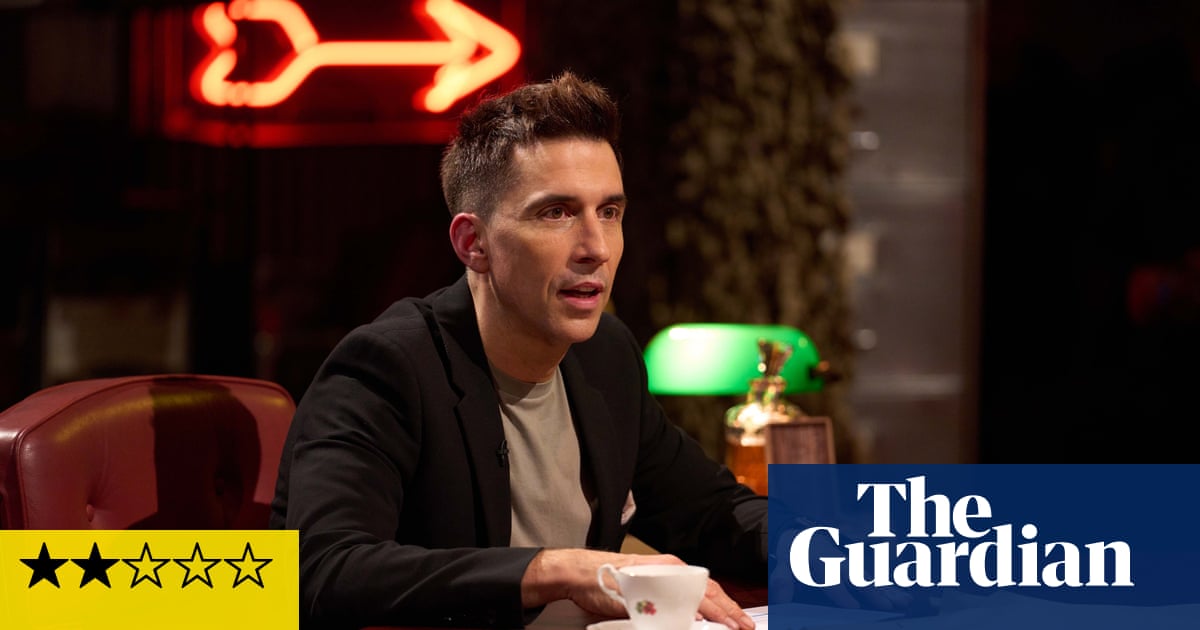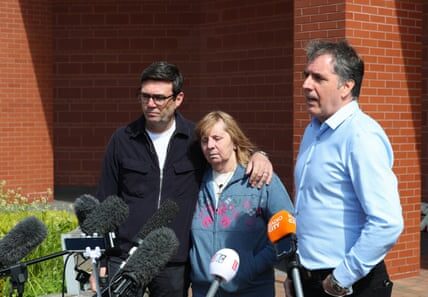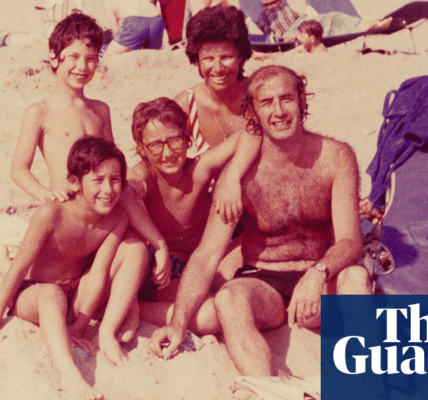Review of “Evil Genius” featuring Russell Kane – a disorienting and unsettling television show.

R
Russell Kane’s comedic debate program Evil Genius premiered on BBC Radio 4 in 2018 and has gained popularity on BBC Sounds, contributing to the constant presence of comedians on podcasts. It has now been adapted into a television series on Sky History. However, on television, it is more challenging to successfully execute the overused and artificial concepts that many podcasts and radio shows rely on. The debut episode of Evil Genius on TV, due to its risky subject matter, seems to suggest that the idea should have remained confined to listeners’ earbuds, hidden from view.
In the first episode, Kane and his guests, Judi Love, Charlie Higson, and Geoff Norcott, gather around a table to discuss a historical figure and determine whether they were “evil” or “genius”. The first person up for debate is Winston Churchill, who was known for his racist treatment of colonized peoples and harsh suppression of dissenters in his own country. However, he was also the prime minister during Britain’s defeat of the Nazis, leaving the final verdict up in the air.
The discussion starts with a guest reading a fact out loud and a recorded segment where Kane seeks advice from an expert on a specific aspect of Churchill’s personality. At a pub, where Winston’s excessive alcohol consumption is displayed on a long table, a GP discusses how he was able to function. On Sidney Street in London, a historian shares the story of how the home secretary in 1911 played a role in a deadly confrontation between the army and two Latvian agitators.
At the studio, Norcott presents a conservative argument for defending Churchill – citing the different attitudes of the time and the need for someone who may have seemed morally questionable to defeat Hitler. Higson, on the other hand, takes on a more troubled liberal perspective. Love, situated in the middle, begins with a strong warning that her perspective as a Black woman on a white man born in the 19th century may be controversial. However, she later admits to having limited knowledge about Churchill’s history. It appears that both Norcott and Love are approaching the topic with little prior knowledge.
Although they do offer some assistance, it is limited. Since Pointless gained popularity, there has been a trend for quiz shows and panel games to feature an expert sitting separately from the contestants, sharing bits of nerdy knowledge: seated behind the desk here is Chandrika Kaul, a professor of modern history at the University of St Andrews. However, her opening statements reveal that she has agreed to lower her intelligence level to below GCSE standards. “It can be argued that [Churchill] was the greatest prime minister in British history – perhaps even the greatest Briton ever,” announces Kaul, before helpfully adding, “His greatness is primarily attributed to his role in World War II.” Thank you, professor!
None of this would matter if Evil Genius could achieve what it wants to do and become a platform for provocative takes, funny reactions and clever riffs. But, although it tries not to focus too much on the mass deaths and spend more time on eccentricities such as Churchill answering the door to Franklin D Roosevelt without any clothes on, the seriousness of the subject matter – which Kane et al admirably do not gloss over anywhere near as much as they could have done – eventually brings the whole enterprise down.
Comedy can often touch on sensitive topics such as warmongering, authoritarianism, and genocide. However, the way these issues are addressed in Evil Genius, with a casual and conversational tone, creates a disconnect in the overall tone of the show. Even serious crimes committed by figures like Churchill are downplayed and joked about, as if they were insignificant. This approach undermines the show’s supposed lightheartedness and can be seen as inappropriate.
The high point of the show focuses on the Bengal famine, which is presented as a shocking and disturbing event. The explanation given for the deaths of over 2 million Bengalis in 1943 is questionable, as it portrays Churchill’s decision to withhold aid as a necessary choice due to limited resources during wartime. However, this is slightly offset by his infamous quote, “I hate Indians – they are a beastly people.” Historians have debated how damning this view of Churchill truly is for years, so it is highly unlikely that a few comedians can shed new light on the topic. Despite this, Higson and Love attempt to confront the moral implications, leaving little room for humor.
A tense silence falls as they attempt to deceive their way through. You can almost imagine them questioning: who is the mastermind behind this structure?
Bypass the advertisement for the newsletter.
after newsletter promotion
Source: theguardian.com


